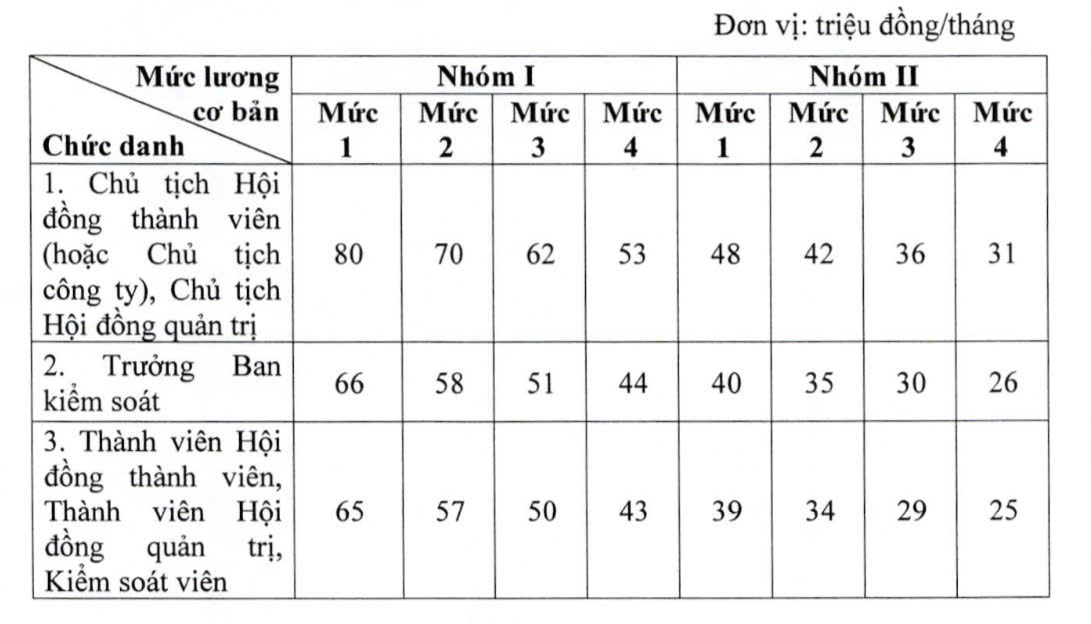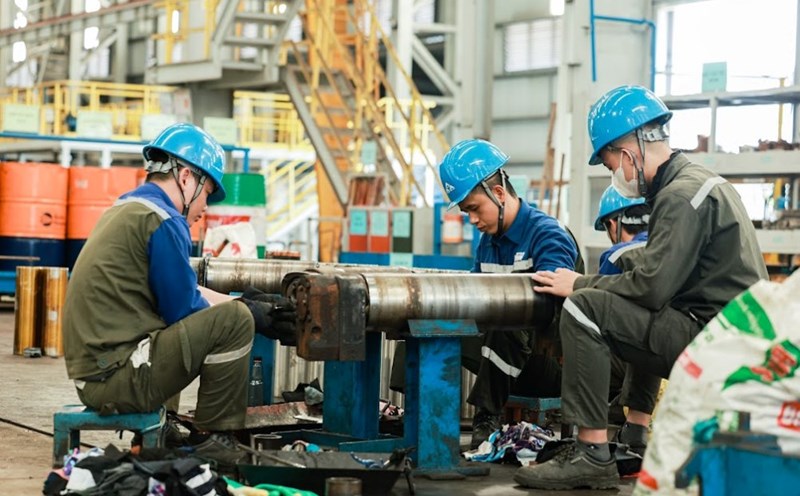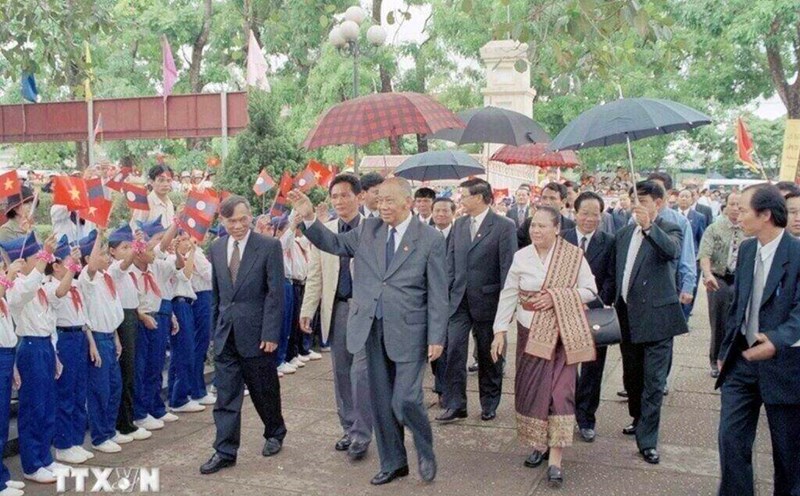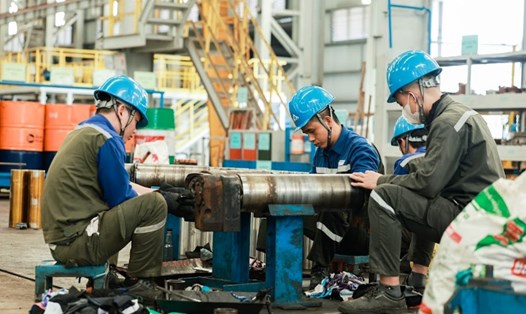The Government has issued Decree No. 44/2025/ND-CP regulating the management of labor, wages, remuneration, and bonuses in state-owned enterprises (SOEs). Decree No. 44/2025/ND-CP of the Government takes effect from April 15.
Accordingly, labor, wages, remuneration, and bonuses in state-owned enterprises are determined in conjunction with tasks, labor productivity, and production and business efficiency, in accordance with the industry and nature of business operations, aiming to ensure a salary level in the market.
Implement a suitable salary mechanism for businesses to attract and encourage high-tech human resources in high-tech fields prioritized by the State.
The State shall manage labor, wages, and bonuses for enterprises with 100% state capital through assigning tasks and responsibilities to the owner's representative agency and the owner's representative directly at the enterprise.
For enterprises with more than 50% of charter capital held by the State or total shares with voting rights, through the owner's representative agency, the task and responsibility are assigned to the representative of the state capital to participate, vote, and decide at the meeting of the board of members, board of directors or general meeting of shareholders.
Separate the salary and remuneration of council members and controllers from the salary of the executive board.
The Decree regulating the salary fund for employees and the Executive Board is determined according to the following methods:
1. Determine the salary fund through the average salary level.
2. Determine the salary fund through a stable salary unit price. This method only applies to enterprises that have had at least the same operating time as the expected time of applying stable salary unit prices.
Depending on the tasks, nature of the profession, and conditions for production and business activities, the enterprise decides to choose one of the two methods of determining the above salary fund.
Enterprises with many different fields of production and business activities and can separate labor and financial indicators so that labor productivity and production and business efficiency correspond to each field of operation can choose the appropriate method in the above two methods to determine the salary fund corresponding to each field of operation.
Regarding salary distribution, the decree stipulates that employees and the executive board are paid according to the salary payment regulations issued by the enterprise, including:
The salary of employees is paid according to the position, title or job, associated with labor productivity and the contribution of each person to the production and business results of the enterprise.
The salary of the executive board is paid according to the title, position and production and business results, in which the salary of the general director and director (except for cases where the general director and director are hired to work under labor contracts) does not exceed 10 times the maximum salary of the average salary of employees.
When developing salary payment regulations, enterprises must consult with the organization representing employees at the facility, organize a dialogue at the workplace according to the provisions of labor law, report to the owner's representative agency for inspection, supervision and publicity at the enterprise before implementation.
According to the decree, the basic salary of council members and full-time inspectors is stipulated as follows:

Subjects and conditions for applying level 1, level 2, level 3, level 4 of group I and group II shall comply with the provisions in the appendix issued with Decree No. 44/2025/ND-CP.











